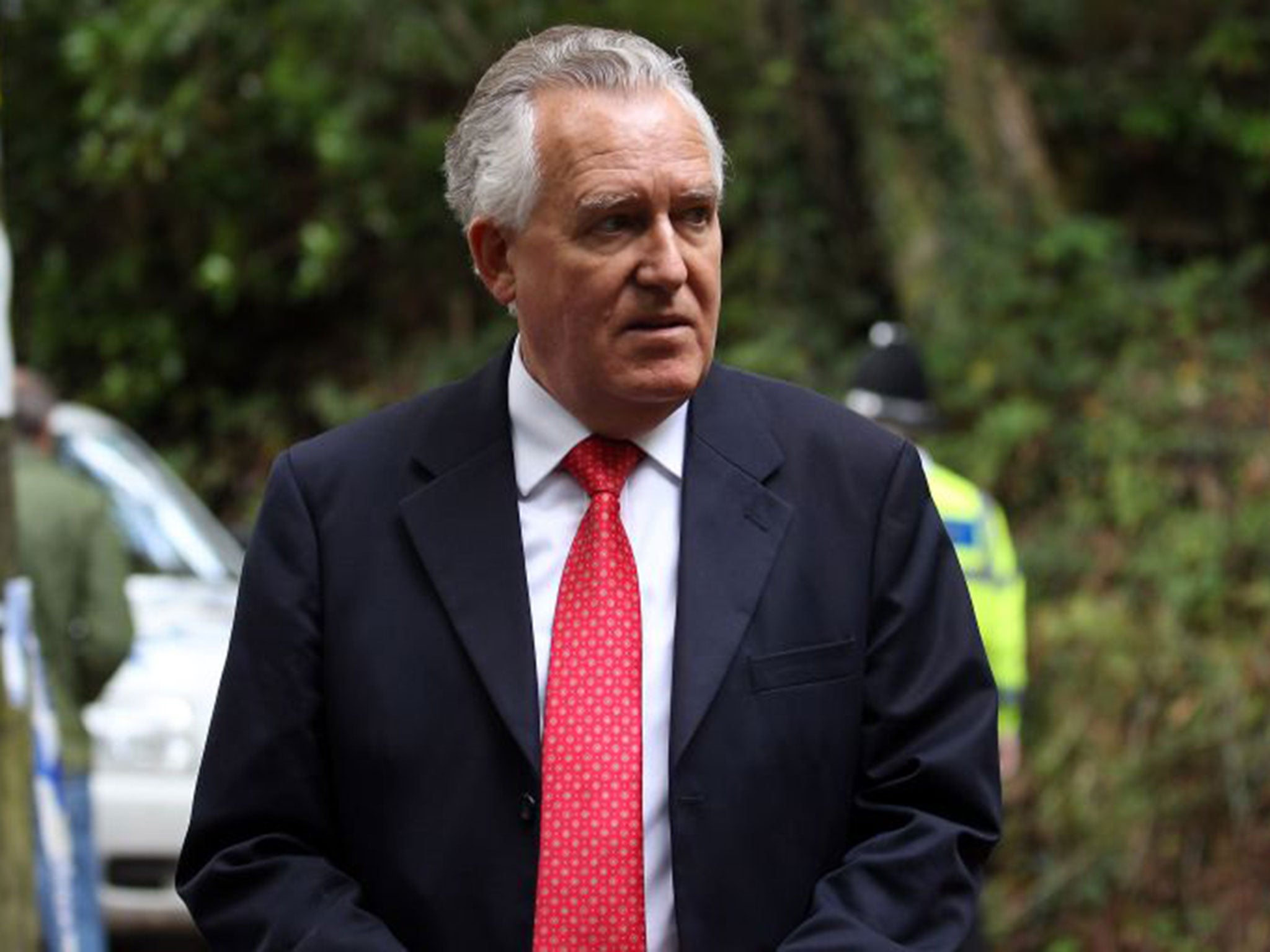Will no one stop the march of localism?
Scotland’s vote feels like a beginning, not an ending. But how many levels of overpaid functionaries does a country need?

The most demonstrable, most preposterous effect of Vatican II in the mid-1960s was to spatially reconfigure churches so that the congregation might be closer to the host, as though the host were a physical entity.
The Scottish fetish for proximity to the executive is as touchingly flawed. Linlithgow is 430 miles from Westminster, Gravesend is 43 miles. According, then, to a bizarrely commonplace Scottish perception, residents of the Gravesham constituency are 10 times closer to what Peter Hain, conveniently forgetting he is a member of it, scorns as the “Westminster elite” than are those of Linlithgow and East Falkirk. This is localism as a sort of pathology.
It is a pathology which is a consequence of the tribalism which is politically sanctioned and culturally de rigueur in the Fragile United Kingdom, four countries which may just hold together for the moment but whose long-term union, despite last week’s vote, will become shakier still with every self-congratulatory boast of, say, the number of languages spoken in a particular borough and every demand for the religious freedom to lapidate children suffering Pitt-Hopkins syndrome.
Throughout the prelude to the referendum various excitable separatists such as Kenny McFeral and Kirsty Nae-Mates got worked up about empire and colonialism, overlooking both the disproportionate part played by Scotland in the long vanished British Empire, the ethnic composition of numerous UK governments and New Labour’s founding junta.
In fact, the Union rubs along the way it does because successive post-colonial British governments, whatever follies they have perpetrated abroad, have been domestically authoritarian only in their imposition of mandatory tolerance towards minoritarian sensibilities. We are incited to respect and admire differences, rather than to seek similarities and celebrate the properties we have in common. What is heartening about last week’s vote is that it is an implicit condemnation of the “vibrant diversity” lark and an acknowledgement that oneness is stronger than severality.
It is equally heartening that the 55 per cent of Scots who duly proved themselves stereotypically canny allowed their purses to over-rule whatever ugly nationalistic sentiments they may have harboured. Even with its lochs full to the brim with the Irn-Bru derivative Devo-Max, Scotland can continue, then, to heap blame on Westminster while both happily accepting from the English taxpayer the alms to which it is historically entitled and coming over all tartan about clearances, heritage, historical injustices, oil and that north British speciality, roots – ancestry not neeps.
The problem, of course, is the 45 per cent – the saltire army of the losers. Memory lapse: in Salmond’s heftily subsidised Darien there are no losers. But how have his troops taken defeat? Badly. It is improbable that the secessionist appetite has been quashed. No matter what David Cameron may say, this referendum does not have an air of finality about it. Rather the opposite. It may have set a precedent for a series of votes on independence. Whose idependence?
The northernmost isles’ resentment of Holyrood is visceral. Predictably, in Glasgow (53 per cent) and also in Dundee (57 per cent) the strength of the Yes vote was doubtless enough to give encouragement to the SNP’s militant tendency that at some point in the near future the entire nation will have the audacity to reprise the blind blunder into the unknown: they’ll obviously have to find a way to keep Andy Murray quiet. And should that fail and the urge to self-determination remain so strong, maybe Glasgow should go it alone as a city state whose currency will be the florin in honour of the traditional cry of “Can ye spare a florin Jimmy for a cup o’tea?” Anything to spite Edinburgh.
The Glaswegian and Dundonian examples may come as some sort of solace to separatists in regions which are currently attached to countries less obliging of noisy minorities and aspirant orphans than the UK is: Catalonia, the Basque Lands, Corsica, Britanny, Bavaria, Flanders. Places where nationalism means Uzis wielded by no-neck primates. Where it is also liable to mean linguistic division and resentment at propping up an entire nation’s economy. This is, for the most part, the aspirant separatism of the advantaged, not a label that can be applied to the burden that is Scotland, though there are 60,000 Gaelic language speakers every one of whom is expert in special pleading, pléadala speisialta.
The whimper of desperate relief from the governments of Spain, France and Germany was so uniform it might have been rehearsed. Maybe it was. But in circumstances like these, statesman will always stand beside statesman in an excess of solidarity and dutiful mateyness even if the British willingness to make concessions mystifies them as a self-defeating infringement of realpolitik – too much fair play and not enough hypocrisy.
In the European press Cameron prompts bemusement rather than antipathy. His slowness off the mark is often misread as timely cunning. He has had luck on his side. How will he or, if his luck runs out, his successor cope with the pressure of English regions seeking various levels of autonomy? And what powers should they be granted? How many extra levels of non-productive, ludicrously overpaid functionaries does a country need? Can Dewsbury elect to practise FGM?
And the big question: where are the borders of London to be drawn? We need to know because the capital has long since seceded from the nation. Ought it indeed to still be the capital? Could Leamington Spa be our Salo? Or Matlock our Weimar?
Jonathan Meades’s 'An Encyclopaedia Of Myself' has been longlisted for the Samuel Johnson Prize
Join our commenting forum
Join thought-provoking conversations, follow other Independent readers and see their replies
Comments